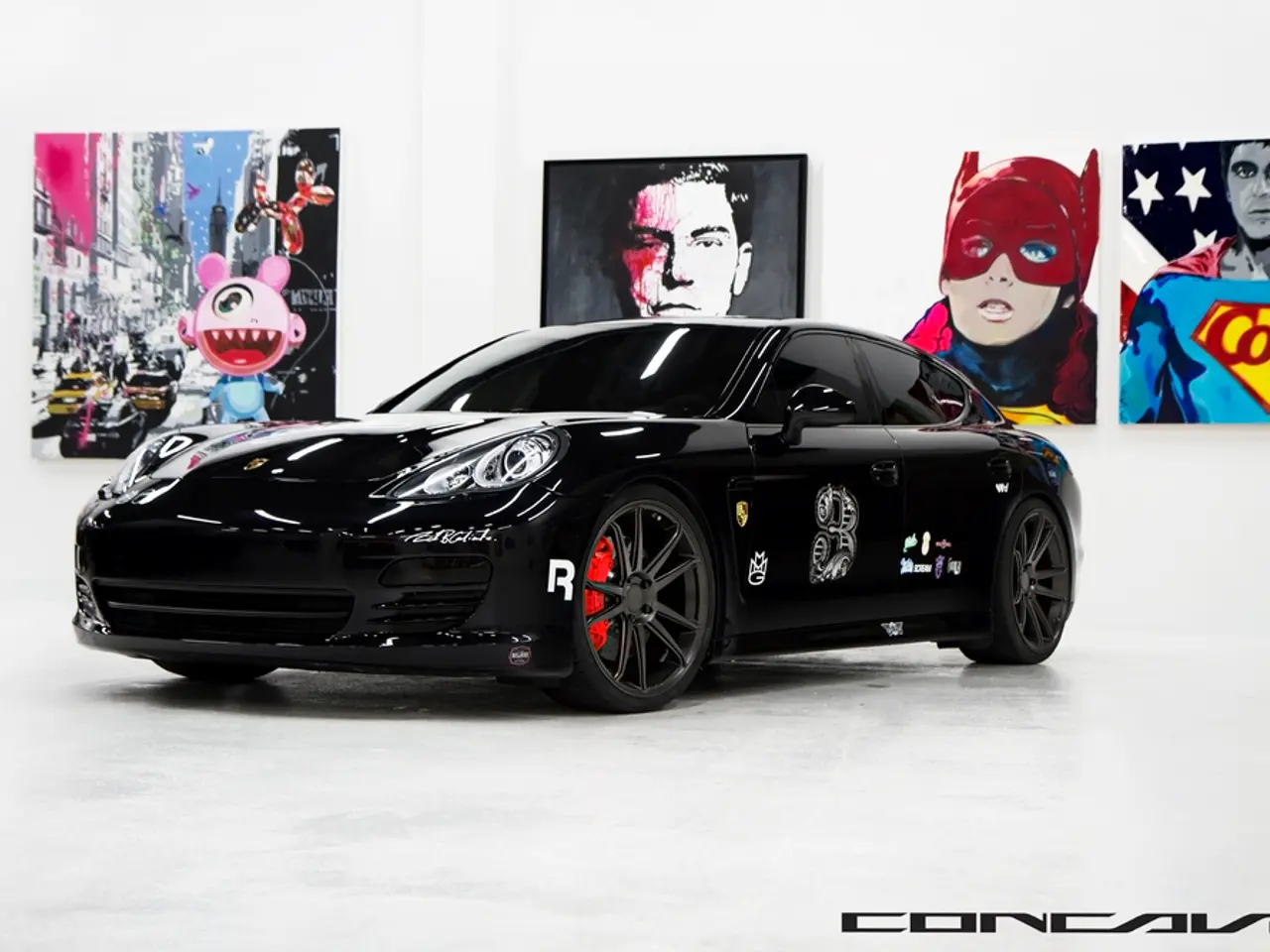Skoda, a VW subsidiary, outshines all with its recent achievements - "Dazzling all in Wolfsburg due to unfounded pride"
In the ever-evolving world of automotive manufacturing, one brand within the Volkswagen Group has been making waves - Škoda. Known for its safety, durability, reliability, and independent design, Škoda has been steadily climbing the ranks, outperforming its counterparts like Audi and Porsche in terms of profitability.
The key to Škoda's success lies in its robust sales growth and volume strategy. In the first half of 2025, Škoda delivered 509,400 vehicles globally, marking a 13.6% increase year-on-year. This strong performance supported a significant rise in revenue (+10.4% to €15.07 billion) and operating profit (+11.8% to €1.285 billion). Compared to Porsche, Škoda's higher operating profit in a half-year period highlights its success in the mass-market volume segment.
Škoda's return on sales stands at 8.5%, ranking it among the leading brands in the volume segment, indicating efficient cost management and operational effectiveness. The brand's strategic international expansion, particularly in fast-growing markets like India, Vietnam, and the Middle East, has introduced fresh growth opportunities and diversified revenue streams.
Škoda's value-packed product lineup, including the Kodiaq and Kushaq, offers a critical competitive edge in emerging and volume-sensitive markets. Unlike luxury-focused brands, which operate in high-end, luxury niches with higher fixed costs and risks, Škoda targets the volume segment that benefits from steady demand and economies of scale, allowing consistent profitability despite global trade challenges and tariff impacts.
Meanwhile, Škoda's subsidiary, VW's Skoda, achieved a record operating result of 739 million euros for the second quarter, the highest in Skoda's history. This success is a result of "hard work" over decades, as evidenced by Škoda's significant improvement in financial performance.
In terms of quality and technology, Škoda has been working diligently to leave behind the "Eastern Bloc image" and has built its own identity, delivering "honest" vehicles to customers. The brand offers VW technology and quality, but at 20 percent lower cost. Two vehicles that have convinced in the long run due to their good price-performance ratio compared to VW vehicles are the Octavia and the Fabia.
Looking forward, industry expert Dudenhoffer believes that less union influence can make VW better and more future-proof. He criticizes that VW has extracted more from employees than a company could sustain in the long run, due to the strong position of the IG Metall union in Wolfsburg. Dudenhoffer suggests that VW should focus more on competitiveness and less on union demands for "redistribution" and "job security".
In conclusion, Škoda's mix of affordable, well-received models, strong volume growth, operational efficiency, and strategic global expansion underpins its higher profitability relative to Audi and Porsche within the Volkswagen Group. This differs from luxury-focused brands facing cost and market pressures affecting their margins.
- In the financial sector, Škoda's robust sales growth and strategic expansion in emerging markets have led to a significant increase in revenue and operating profit, outperforming luxury brands like Audi and Porsche within the Volkswagen Group.
- The automotive industry has seen Škoda differentiate itself through a value-packed product lineup that caters to volume-sensitive markets, offering VW technology and quality at a lower cost compared to luxury brands that operate in high-end, luxury niches with higher fixed costs and risks.




